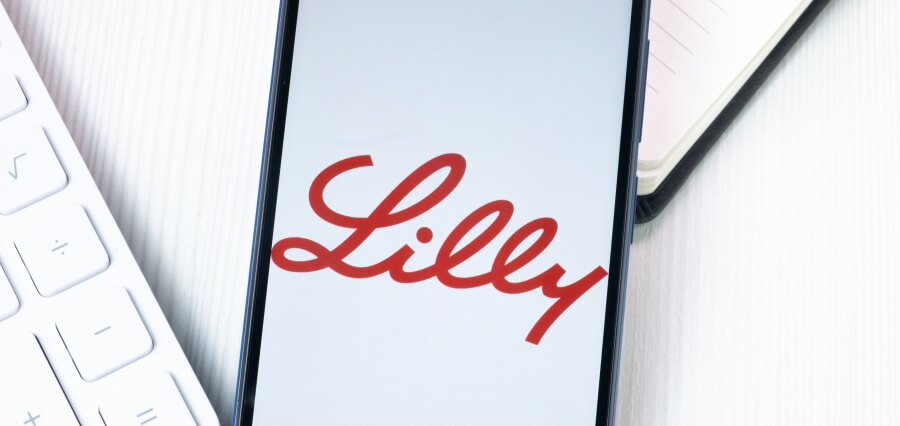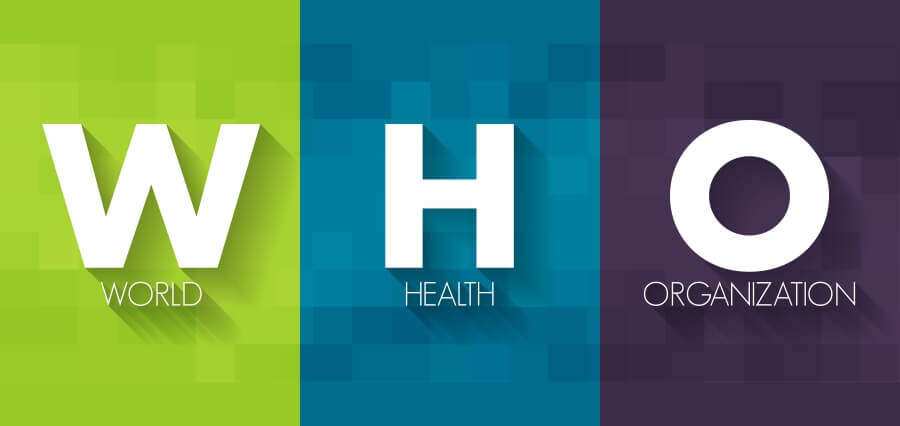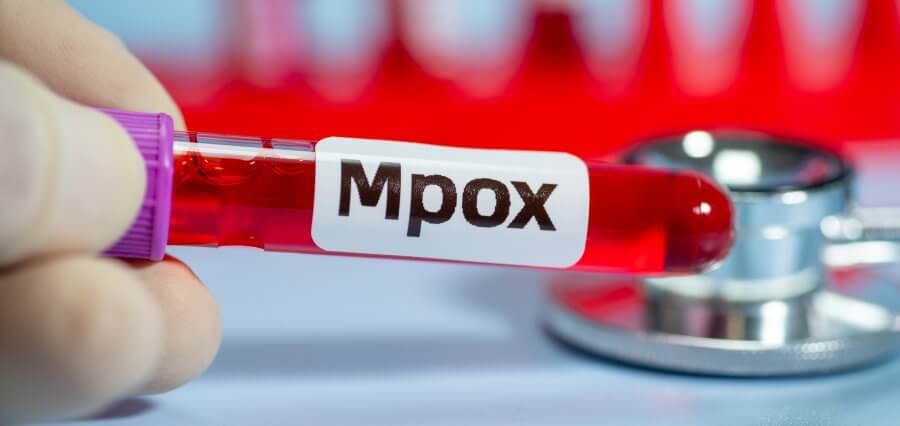Microsoft Corp. has revealed a new suite of artificial intelligence tools on Thursday, which it says could ease the administrative burden on doctors and nurses. The suite includes the advanced medical imaging models, a healthcare agent service, and an automated documentation solution to make nursing work easier.
These programs are part of a wide range of measures proposed by Microsoft aimed at making healthcare processes more efficient and a way to curb clinician burnout, which has been a bigger concern in the sector. A report put out by the Office of the Surgeon General reveal that nurses spend up to 41% of their time on documentation, that points out the need for effective solutions.
Our goal is to really drive levels of efficiency throughout the various healthcare systems in the country,” added Mary Varghese Presti, Vice President of Portfolio Evolution and Incubation, Microsoft Health and Life Sciences, highlighting its commitment to bringing AI into health to help ease stress on health professionals as well as encouraging greater collaboration among health teams.
This follows after Microsoft has been developing an elaborate approach to put it on the fore of healthcare AI. In October last year, the software firm launched a number of health-related features on its Azure cloud platform as well as acquired Nuance Communications, a firm specializing in speech-to-text AI in a $16 billion deal last year.
Although many of these newly announced tools are still in development or preview, health care organizations will be able to test and validate such solutions before wider deployment. Pricing for the new tools has not been disclosed.
Some of these include an open-source multimodal AI models to analyze different types of data such as medical images, genomic data. These will allow healthcare organizations the ability to develop applications that are tailored to their needs. The result of this collaboration with Providence Health & Services led to the development of a whole-slide model for pathology that significantly improved mutation prediction and cancer subtyping.
The company has launched a new framework for developing healthcare-specific AI agents, which could automate tasks and answer queries raised by users. With the creation of Microsoft Copilot Studio, health companies will be able to design clinical safeguards in agents that ensure that responses are informed by clinical evidence.
Microsoft has teamed up with Epic Systems to design an AI-enabled documentation for nurses, following the DAX Copilot it had designed for doctors. The DAX Copilot is a tool it designed for doctors. It will keep its new tool easy to fit into nursing workflows, hoping to identify the specificity of challenges that have thwarted previous attempts.
The development team has spent quite a lot of time observing nurses in the working environment to identify where the improvement needs to come in. The company is already in collaboration with such institutions as Stanford Health Care and Northwestern Medicine to ensure that the solution would suit the nursing practices.
These developments represent tremendous progress in the use of AI technology to improve operational efficiency and enhance patient care in the health sector.





